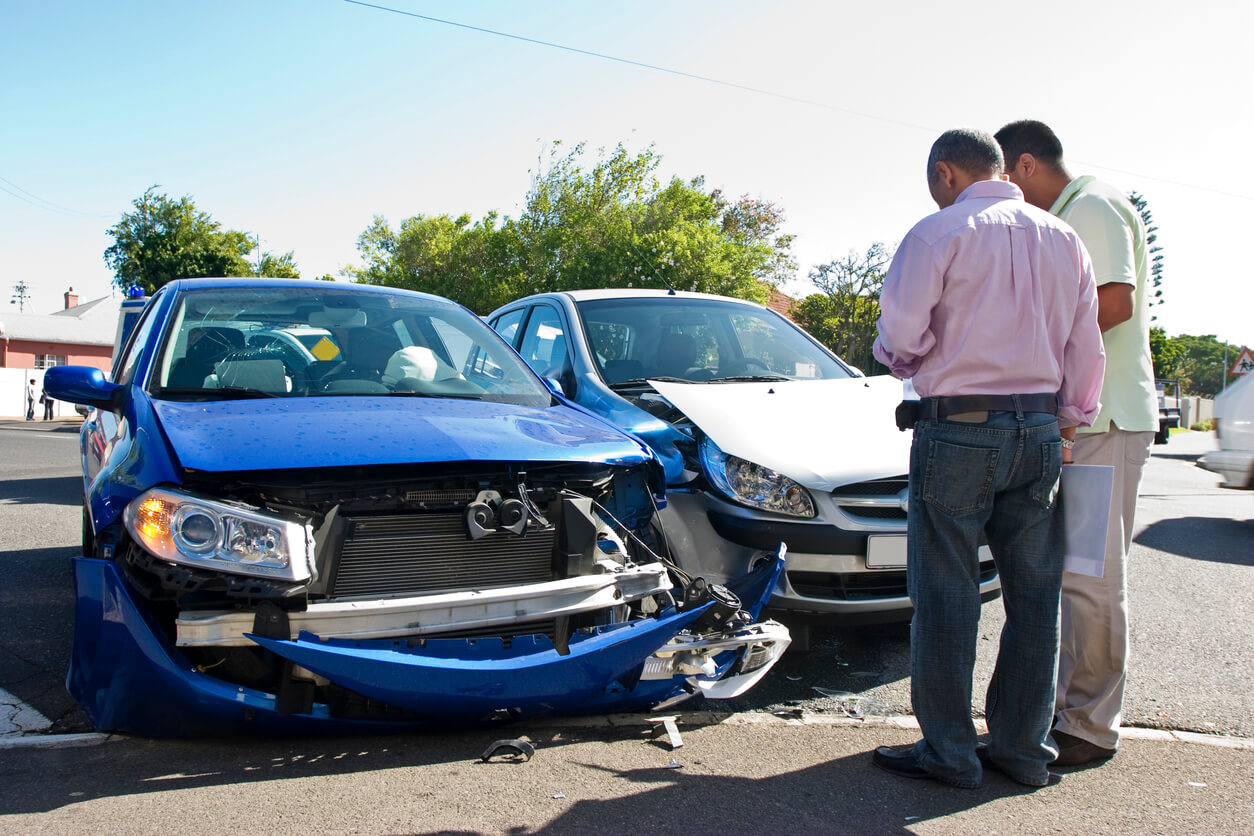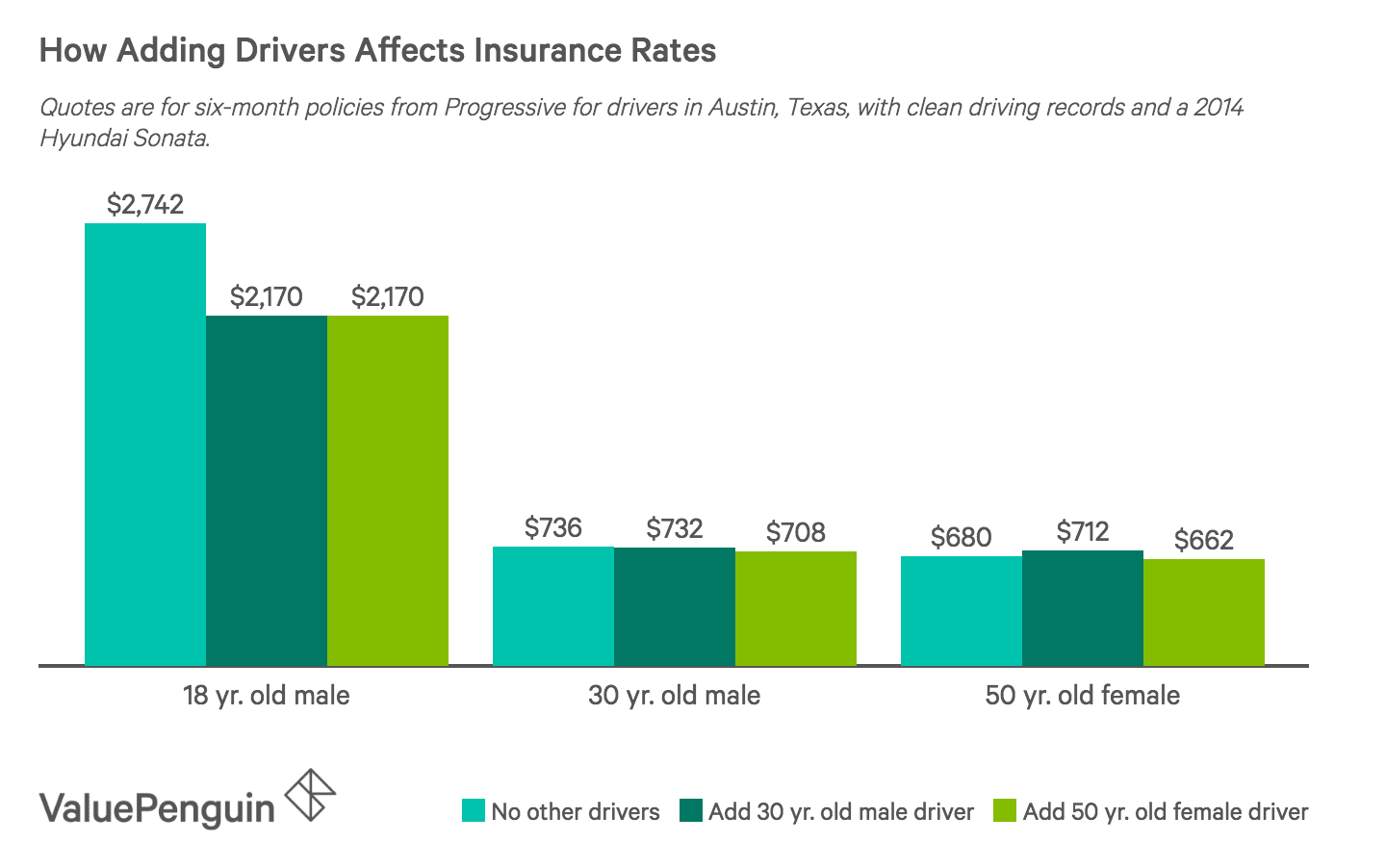How to Claim Personal Injury Car Accident
To claim personal injury from a car accident, contact an attorney and file an insurance claim or lawsuit. Document all injuries and related expenses for evidence.
Navigating the aftermath of a car accident can be overwhelming, especially when dealing with personal injuries. Knowing the right steps to take is crucial for securing the compensation you deserve. It starts with a timely report of the incident to both your insurance company and the authorities.
Ensure you gather as much evidence as possible—photos of the scene, witness statements, and medical reports—all of which bolster your claim’s integrity. Consulting with a knowledgeable personal injury attorney can make a significant difference. They will guide you through the legal process, negotiate with insurance companies on your behalf, and represent you in court if necessary. Remember, strict timelines, known as statutes of limitations, exist for filing claims, making prompt action essential.
Introduction To Personal Injury Claims From Car Accidents
Car accidents can happen to anyone, anytime. They often lead to injuries.
Seeking rightful compensation becomes crucial.
Understanding personal injury claims is essential.
This section delves into the crucial steps to claim after a car accident.
The Rise Of Road Accidents And Injuries
Recent years have seen an increase in road accidents.
The risk of injury on the road is real and growing.
Distracted driving and speeding contribute to this rise.
- Accident rates climb year over year
- Injuries range from minor to severe
- Understanding injury claims is vital for victims
Personal Injury Claims: A Path To Compensation
Personal injury claims help victims.
It’s a process to recover costs from injuries.
Medical bills and lost wages can add up.
Navigating the claims process is key to receiving fair compensation.
- Seek medical attention immediately
- Gather evidence from the accident scene
- Contact a knowledgeable attorney
- File a detailed insurance claim
- Prepare for possible court proceedings
Immediate Steps After A Car Accident
A car accident can be overwhelming. Knowing the right steps to take immediately can make a big difference. Always protect yourself and your rights after a crash. Let’s go over the crucial actions to consider directly following a car accident.
Safety First: Assessing The Situation
Your safety is paramount. Before thinking about claims, assess the situation. Check for injuries and call for medical assistance if necessary. Turn on your hazard lights and, if possible, move your vehicle to a safe area to avoid further accidents.
Remember:
- Never leave the scene of the accident.
- Check on all parties involved, including passengers and drivers.
- Call emergency services if there are any injuries or significant property damage.
Gathering Evidence At The Scene
Collecting evidence is crucial. Take photos of the scene, including all vehicles involved, road conditions, traffic signs, and injuries. Note the time and location.
Look for witnesses and ask for their contact information. They can provide valuable statements later on.
Exchange Of Information: What You Need To Collect
Exchanging information is a must do. Ensure you collect the following details from all drivers:
| Name | Contact Information | Insurance Details | Vehicle Information | License Plate Number |
|---|---|---|---|---|
| John Doe | (123) 456-7890 | XYZ Insurance, Policy #123456789 | 2018 Honda Accord, Blue | ABC123 |
Do not discuss fault or make any statements that could be used against you later. Be factual and brief. Police reports and insurance companies will determine fault based on evidence and official statements.
Tip: Use your smartphone for taking notes and pictures. It’s a useful tool for recording voice memos and the exact time and date.
Medical Attention And Documentation
After a car accident, getting medical care is a top priority. The next step is documenting everything. This info is crucial for personal injury claims. Let’s dive into why your health and paperwork are so vital.
Prioritizing Health: Seeking Medical Care
It’s essential to see a doctor immediately after a car accident. Even if you feel okay, some injuries are not obvious. Medical professionals will check for hidden injuries. Getting help quickly can improve your recovery.
- Visit the ER or your doctor: Do this even without visible injuries.
- Follow-up appointments are necessary: They track your recovery.
- Physical therapy might be needed: It’s part of the healing process.
Ignoring medical advice can hurt your claim. Insurance companies take note. They might argue your injuries aren’t serious. Your health and your legal case are both at stake.
Keeping Records: Why Every Detail Matters
Every doctor’s visit and treatment adds evidence to your claim. It proves the extent and impact of your injuries. Proper documentation shows the accident’s effects on your life.
- Gather all medical reports: They show what happened to you.
- Save prescription receipts: This proves your medical expenses.
- List any over-the-counter meds: They count as expenses too.
Include travel costs for medical visits. Your injury-related travels are reimbursable. Keep a record of dates, destinations, and mileage. Details like these can add value to your claim.
| Date | Destination | Mileage | Expense |
|---|---|---|---|
| March 5, 2021 | Physical Therapy | 20 miles | $10 |
Request a copy of police reports: These often contain important info about the accident. This could support your version of the events.
Take photos of injuries and damage to your vehicle. Pictures provide a visual proof of the accident’s impact. Show them to insurers and lawyers. They can use them in negotiations or court.

Credit: www.brooksandcrowley.com
Understanding The Law And Insurance Policies
Understanding the law and insurance policies plays a critical role in successfully navigating personal injury claims after a car accident. Knowledge of your state’s legal framework and the specifics of insurance coverage can speed up the claims process and ensure fair compensation. Moving forward, it’s crucial to grasp the subtleties of state laws and the statute of limitations, along with understanding how to work with insurance companies.
State Laws And Statute Of Limitations
Each state has distinct laws affecting personal injury claims. It is essential to know these regulations in your jurisdiction. The statute of limitations is a deadline for filing a lawsuit. Missing this date often means losing the right to seek legal redress. The time frame varies by state, with most ranging from one to six years after the incident.
For example:
- California: 2 years
- New York: 3 years
- Florida: 4 years
Acting quickly ensures that claims proceed within these legal time limits.
Navigating Through Insurance Coverage
Understanding insurance coverage is vital after a car accident. Begin by examining your policy to ascertain coverage limits, deductibles, and exclusions. Contact the insurance provider immediately to report the accident. Keep a record of all communications.
There are different types of car insurance coverages:
| Coverage Type | Description |
|---|---|
| Liability Insurance | Covers damages to others in accidents you cause. |
| Collision Coverage | Pays for repairs to your car after an accident. |
| Comprehensive Coverage | Handles non-collision related incidents. |
| Personal Injury Protection | Covers medical expenses regardless of who’s at fault. |
Each coverage has its terms that can significantly influence the claim process. Gather evidence, such as photos and witness statements, and maintain a detailed account of any medical treatments and costs incurred. An organized approach facilitates smoother dealings with insurance adjusters.
Filing The Personal Injury Claim
After a car accident, seeking compensation for injuries can feel overwhelming. Starting the claim process requires attention to detail and an understanding of the legal steps involved. Here we’ll guide you on how to file a personal injury claim, making the journey less daunting.
Initiating The Process: Steps To File A Claim
Embarking on the claim journey is critical for seeking justice. Here are the initial steps:
- Report the Accident: Contact the police immediately. Obtain a copy of the accident report.
- Seek Medical Attention: Prioritize your health. Document all injuries and treatments.
- Collect Evidence: Take photos and get witness statements from the accident scene.
- Consult an Attorney: A skilled lawyer can navigate the complexities of personal injury claims.
- Notify Your Insurer: Inform your insurance company about the accident promptly.
- File the Claim: Submit the necessary paperwork to the correct parties.
Dealing With Insurance Companies: Dos And Don’ts
Interacting with insurers is tricky. Follow these dos and don’ts for a smoother process:
| Do | Don’t |
|---|---|
| Review your policy. | Rush into a quick settlement. |
| Document all conversations. | Provide a recorded statement without legal advice. |
| Be honest about the facts. | Sign documents without understanding them. |
| Understand the settlement offer. | Overlook the impact of future medical costs. |

Credit: www.amazon.com
Seeking Legal Assistance
After a car accident, knowing your rights is key. Getting the right lawyer can make a huge difference. They guide you through the maze of legal steps. You’ll need to claim what you deserve. Here we discuss when and why to hire a personal injury attorney.
When To Hire A Personal Injury Attorney
Timing is crucial after a car accident. Here’s when to seek legal help:
- Serious injuries occur.
- You face steep medical bills.
- Lost wages due to recovery time.
- Disputes about who is at fault.
- Insurance offers a low settlement.
The Role Of An Attorney In Claim Settlements
A personal injury lawyer does more than just file papers. They are your advocate. Here’s what they do:
| Task | Details |
|---|---|
| Assessment | Evaluate the case, estimate damages. |
| Negotiation | Talk with insurers for a fair deal. |
| Representation | Stand for you in court if needed. |
| Documentation | Gather reports, file claims properly. |
The Settlement Process
The path to getting compensation after a car accident can be complex. Understanding the settlement process is crucial. This phase involves negotiating with insurance companies and possibly legal representatives to get a fair compensation. Here’s a guide through the critical steps of the settlement process.
Negotiating A Fair Settlement
Negotiating a fair settlement is a delicate dance. It requires skill and patience. The process typically includes the following steps:
- Determine the total costs of your injuries and damages.
- Send a detailed demand letter to the insurance company.
- Review the initial settlement offer with a critical eye.
- Counter with a reasonable but higher amount if necessary.
- Use evidence like medical bills and repair estimates to strengthen your case.
Remember, your first offer from the insurance adjuster is usually not the best one. Stand firm and be prepared to argue your case.
Understanding Settlement Offers And Agreements
Understanding settlement offers and agreements is another key aspect. It’s important to know what you’re agreeing to before signing any documents. Consider these points:
- Review every term and condition listed in the offer.
- Check the compensation covers all your expenses, now and in the future.
- Ensure there are no clauses that waive future claims or rights.
Often, the settlement agreement is extensive and contains legal jargon. It is wise to work with a legal professional who can explain the terms clearly. They can guide you to a decision that protects your long-term interests.
If Settlement Fails: Going To Court
Settling personal injury claims outside of court is common. Yet, not all negotiations succeed. If an agreement can’t be reached, going to court might be necessary. Understanding the litigation process and timeline helps prepare for what is often a complex journey.
Preparing For Litigation
Claiming personal injury in court starts with preparation. A strong case needs evidence and witnesses.
- Gather accident reports
- Compile medical records
- Document any financial losses
- Contact witnesses
The Court Process Timeline
Every case differs, but basic timelines are similar.
- Filing a Complaint: This is your formal allegation.
- Serving the Defendant: The other party receives the complaint.
- Discovery Phase: Both sides exchange information.
- Pre-Trial Motions: Attempts to resolve before trial.
- Trial: If required, this is where your case is argued.
Frequently Asked Questions Of How To Claim Personal Injury Car Accident
How Much Do You Get For A Personal Injury Claim?
The amount received from a personal injury claim varies widely based on case specifics, including the severity of the injury and incurred losses. Compensation can range from thousands to millions of dollars.
How Much Compensation For Whiplash And Back Pain?
Compensation for whiplash and back pain varies widely, typically ranging from a few hundred to tens of thousands of dollars, depending on severity and impact on life.
What Is The Process Of Personal Accident Claim?
To claim personal accident insurance, report the incident to the insurer immediately. Fill out the claim form, providing necessary documents like medical reports. Await claim assessment and approval before receiving the compensatory amount.
How Much Can Someone Sue For A Car Accident In Texas?
In Texas, there’s no cap on economic and non-economic damages for a car accident. Punitive damages are capped at the greater of $200,000 or twice the economic damages plus an equal amount of non-economic damages up to $750,000.
Conclusion
Navigating the aftermath of a car accident can be daunting. Securing fair compensation requires knowledge and timely action. Remember, documenting the scene, seeking immediate medical help, and involving an attorney are crucial steps. Take control of your recovery process by acting fast and asserting your rights.
Your well-being and justice matter—don’t hesitate to claim what you deserve.






